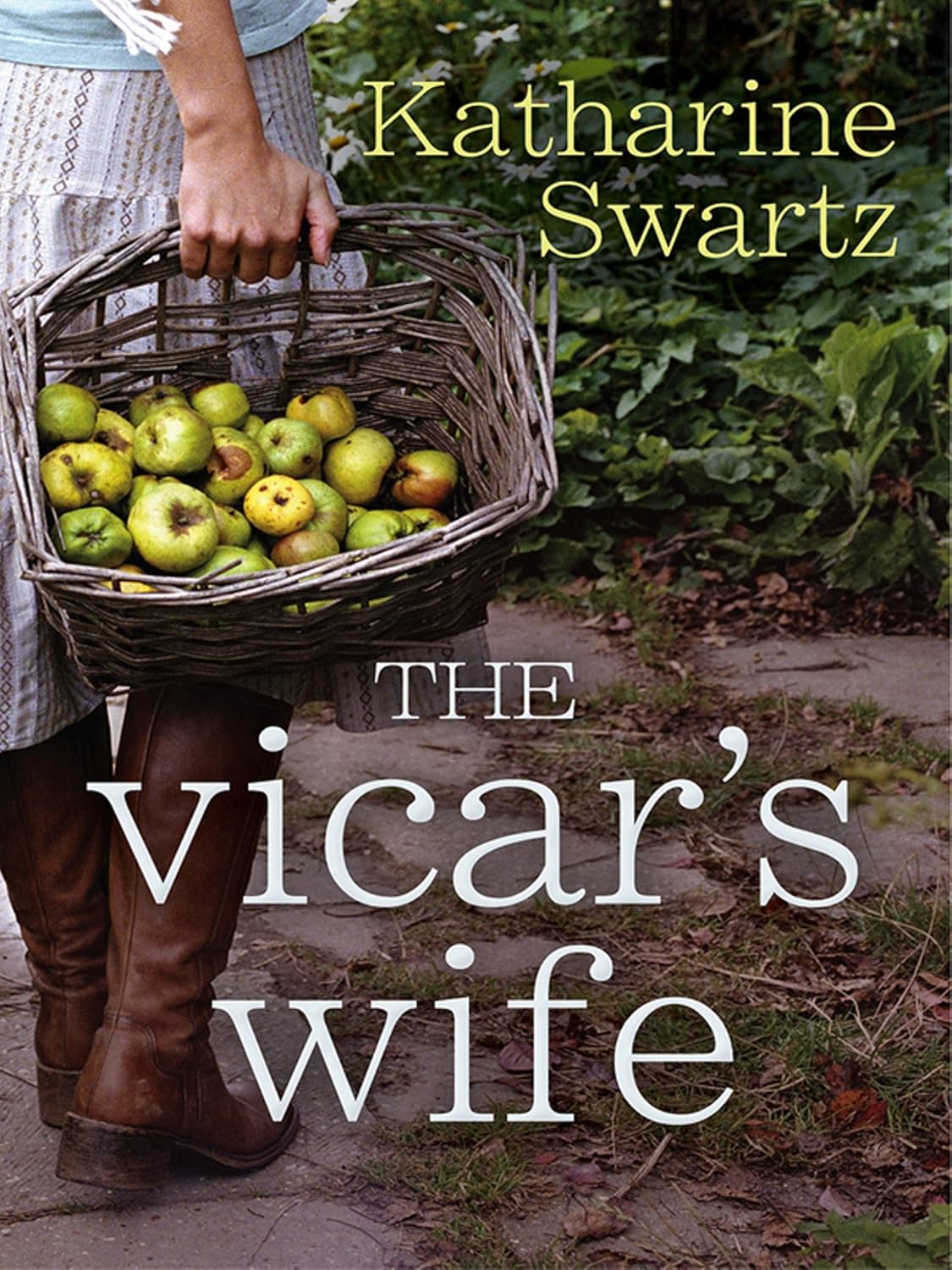
About the Book:
Jane Hatton and her British husband Andrew relocate from New York City to a small village on the Cumbrian coast. Jane has been city-based and career-driven but when her fourteen year old daughter Natalie falls in with the wrong crowd at school in Manhattan, she and Andrew decide to try country living. However Jane has trouble getting used to the silence and solitude of a remote village. Natalie hates her new school, and eleven-year-old Ben struggles academically. Only eight-year-old Merrie enjoys country life. Has Jane made a horrible mistake? The Hattons have bought the old vicarage in the village. When Jane finds a scrap of shopping list, she grows curious about Alice, the vicar’s wife who lived there years before. As we follow the twin narratives of Jane, in the present, and Alice in the 1930s we discover that both are on a journey to discover their true selves, and to address their deepest fears.
My Comments:
I had mixed feelings about this book. It was a good read, but I didn't find it very realistic. Jane and Andrew are the stereotypical NewYork City career couple, each of whom worked long hours at high-powered jobs. They ordered take-out more than they cooked, sent their kids to expensive private schools and then, one day, they realized that all was not well with the kids. In response, they return to Andrew's home country of England to live in a small remote town. While Andrew has a good job not so different from the one he left, Jane becomes a stay at home mom. She drops off and picks up at school, helps with homework and actually cooks dinner.
They are living in an old vicarage that needs a lot of cosmetic work, work that falls to Jane. While cleaning, she comes across an old shopping list and begins to wonder about the woman who wrote it. That woman was Alice, the vicar's wife who lived in the house just prior to WWII. Alice's story is told in chapters headed with her name and the dates of the happenings. We see that these women who lived 70 years apart and whose lives seemed very different from each others were really very much alike--but in one sense, aren't we all a lot like each other?
What bothered me about this book is that while the lives Andrew and Jane were living in New York were clearly not good for their family; Jane was the one who had to make all the changes. Andrew kept his career and seemed to continue to work long hours. Returning to England put him closer to family. Jane left her extended family, her friends and a job that was an important part of her identity. Yes, her life was dis-ordered in New York, she spent way to much time at work and not enough with her kids--but so did her husband. All's well that ends well, and this book does end well, probably a little too well.
I'd like to thank the publisher for making a review copy available. Grade: B.
What bothered me about this book is that while the lives Andrew and Jane were living in New York were clearly not good for their family; Jane was the one who had to make all the changes. Andrew kept his career and seemed to continue to work long hours. Returning to England put him closer to family. Jane left her extended family, her friends and a job that was an important part of her identity. Yes, her life was dis-ordered in New York, she spent way to much time at work and not enough with her kids--but so did her husband. All's well that ends well, and this book does end well, probably a little too well.
I'd like to thank the publisher for making a review copy available. Grade: B.
I almost chose to review this one too but ended up not having time for it after all. It does sound like a pretty good book.
ReplyDelete